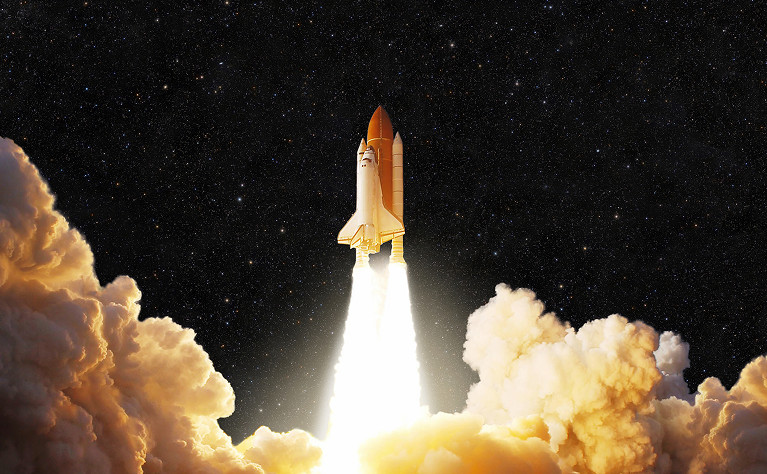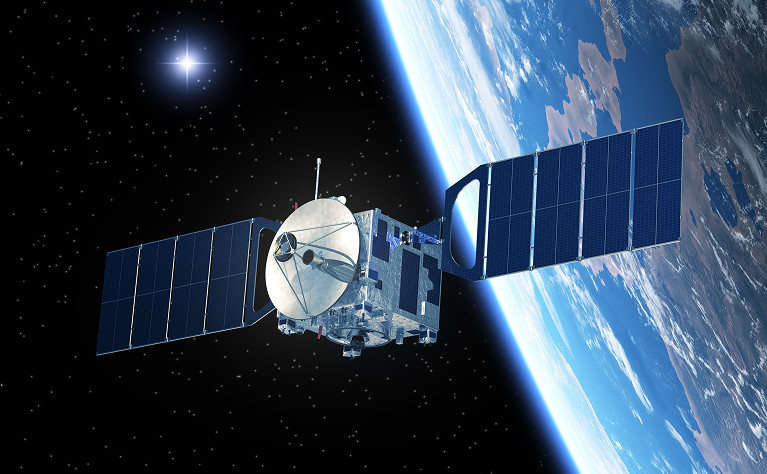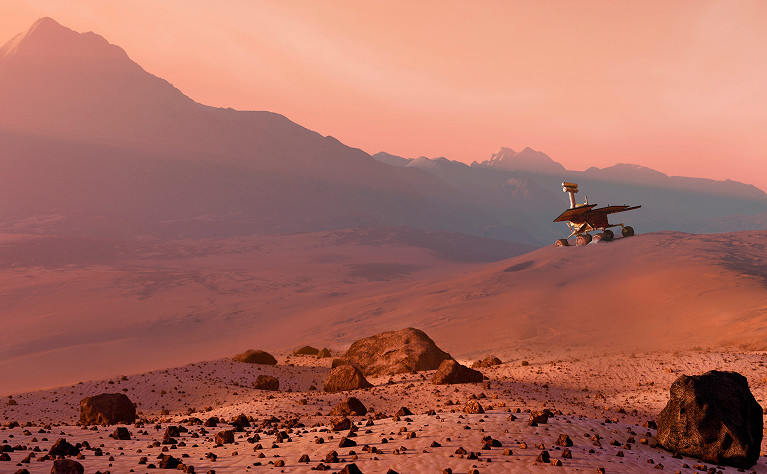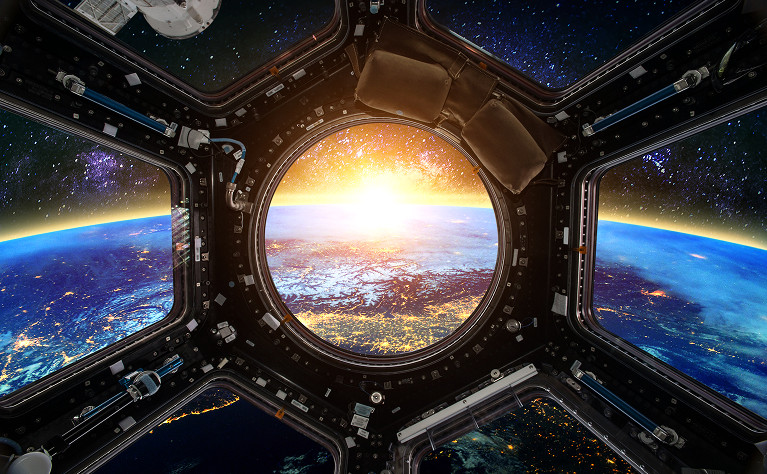Cheollian-1 Set to Retire After Completing Its Mission
- Cheollian-1 Mission Concludes and Disposal Proposal Approved at the 2nd Cheollian Operations Committee Meeting- Scheduled for Safe Disposal in Compliance with International Standards for Space Debris ReductionThe Korea AeroSpace Administration KASA, Administrator Yoon Youngbin announced on December 9 that it held the 2nd Cheollian Satellite Operations Committee meeting and deliberated and approved the disposal proposal for Cheollian-1 COMS*, Koreas first geostationary multi-purpose satellite. With the successful completion of its mission, Cheollian-1 will officially enter its disposal phase starting from April next year, following the conclusion of its 7th mission extension.* COMS ; Communication, Ocean, and Meteorological Satellite< Cheollian Satellite Operations Committee >- Basis : Articles 4 and 5 of the Cheollian Satellite Joint Operations Regulation- Purpose : Efficient operation and joint utilization of Cheollian Satellite- Composition : The committee is composed of 11 members: Chair KASA, 4 government members Ministry of Science and ICT MSIT, Ministry of Climate, Energy and Environment MCEE, Ministry of Oceans and Fisheries MOF, Korea Meteorological Administration KMA, and 6 private sector members. The committee has met twice so far Feb 2025, Dec 2025.Launched in June 2010 and developed and operated by the Korea Aerospace Research Institute KARI, Cheollian-1 successfully carried out its mission for approximately 16 years, far exceeding its original design lifespan of 7 years. This achievement marks a significant milestone in Koreas space development history. During its operation, Cheollian-1 performed a variety of complex tasks, including experimental communications relay and weather and ocean observations.In particular, by providing the first-ever broadband communication and satellite broadcasting trial services using a geostationary satellite in Korea, Cheollian-1 laid the foundation for the development and commercialization of domestic satellite communication technology. The communication mission, currently being carried out by Cheollian-1, will be continued by Cheollian-3, which is under development and will provide public communication services. Additionally, the satellite significantly improved the ability to predict disaster-related weather phenomena such as typhoons and heavy rainfall, and was utilized in monitoring ocean environmental changes, including sea water variation, red tide, and marine pollution. This has greatly contributed to the improvement of public safety and quality of life. Currently, the weather and ocean-related missions are being successfully continued by Cheollian 2A weather and 2B ocean, providing even more advanced services.Meanwhile, the disposal of Cheollian-1 will be carried out in accordance with the "Recommendations for the Development and Operation of Spacecraft for Space Debris Mitigation," which follows international norms for ensuring the long-term sustainability of space activities. KASA and KARI announced that Cheollian-1 will maneuver outside the geostationary orbit protected zone* around July 2026, marking the final end of its operation. They stated that every effort will be made to ensure its safe disposal.*Geostationary Orbit Protected Zone: A region 200 km from an altitude of 35,786 km above the Earths surface.KASA Administrator Yoon Youngbin evaluated Cheollian-1 as a satellite that laid the foundation for Koreas independence in space technology and the utilization of satellite information, stating, "Not only has it successfully completed its mission, but the responsible decision to dispose of the satellite will also serve as an opportunity to demonstrate to both domestic and international communities our active participation in protecting the space environment and contributing to the global efforts to ensure the long-term sustainability of space activities."
2025-12-09






